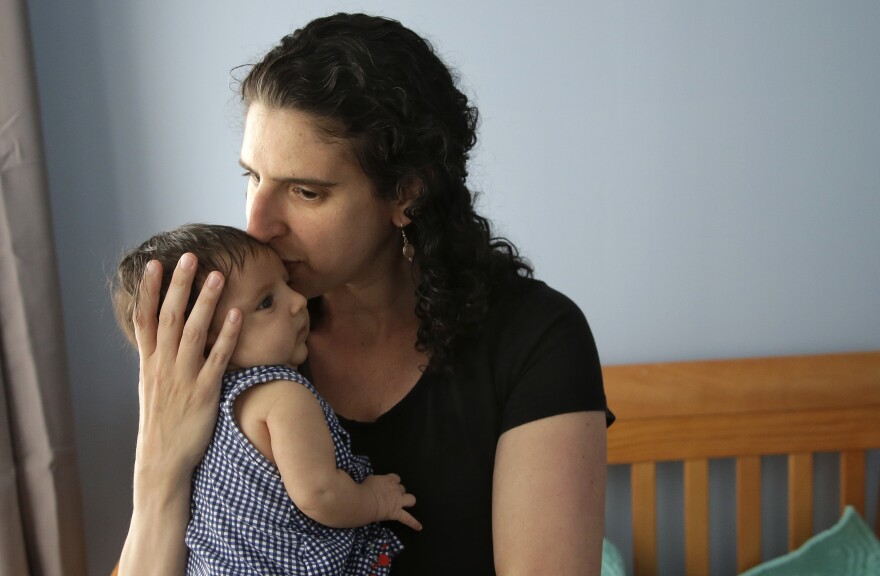Democrats on the Legislature's labor committee have advanced a paid family and medical leave bill that has drawn concern from business groups and Democratic Gov. Janet Mills. The bill is poised to clear the House and Senate, but questions remain about whether the governor will veto it.
The proposal would allow employees to take up to 12 weeks of leave after the birth of a baby, to care for an adopted or foster child or to deal with a serious health condition.
Compensation would be tiered so that employees would receive between 66% and 90% of their pay, but no more than the state's average weekly wage.
The program would be funded through payroll contributions of up to 1%, evenly split between employers and employees. And employers with fewer than 15 employees would be exempt, but workers would still pay their portion so they could use the program.
The bill's lead sponsor, Sen. Mattie Daughtry, a Democrat from Brunswick, said the proposal will help businesses retain workers because they won't have to choose between caring for themselves or a loved one and keeping their job.
"This is not a go-home-and-sit-on-your-butt bill. This is a go home, heal up and get ready to fight another day bill," Daughtry said.
Republicans on the labor committee opposed the measure, citing its unknown costs to employers and the state, as well as workplace absenteeism. Business groups argue that it could hurt Maine businesses and potentially worsen the workforce shortage.
In a statement, a spokesperson for Gov. Mills did not say whether she will support it, but a veto would likely trigger an effort to get a paid family leave initiative on the ballot next year.



